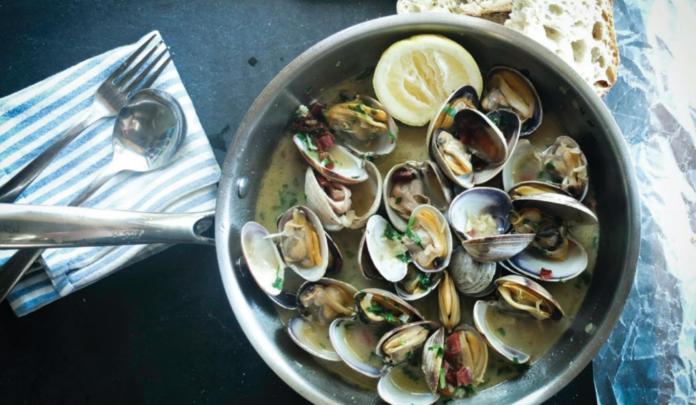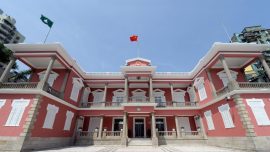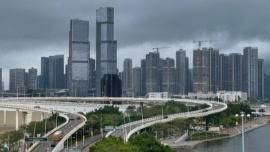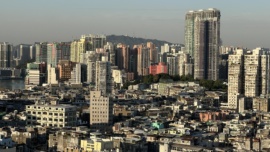The pandemic has taken a heavy toll on the city’s restaurant industry. New investments are needed for the sector to recover
Macau Business | December 2022 | Special Report | Macau as Creative City of Gastronomy
Scientific studies show that on average, globally, tourists spend around 40 per cent of their budgets on food and beverage during their travel.
Regarding the specific case of Macau, the total number of visitors in 2018 was above 35 million, who spent about 20 per cent of their total budget on food and beverages, which was almost close to their accommodation expenses (25.6 per cent). Their largest expenditure was shopping (47 per cent), out of which they spend about 27 per cent on buying food souvenirs. “These characteristics clearly demonstrate Macau as an attractive food tourism destination,” according to a research paper from the Macao Institute for Tourism Studies.
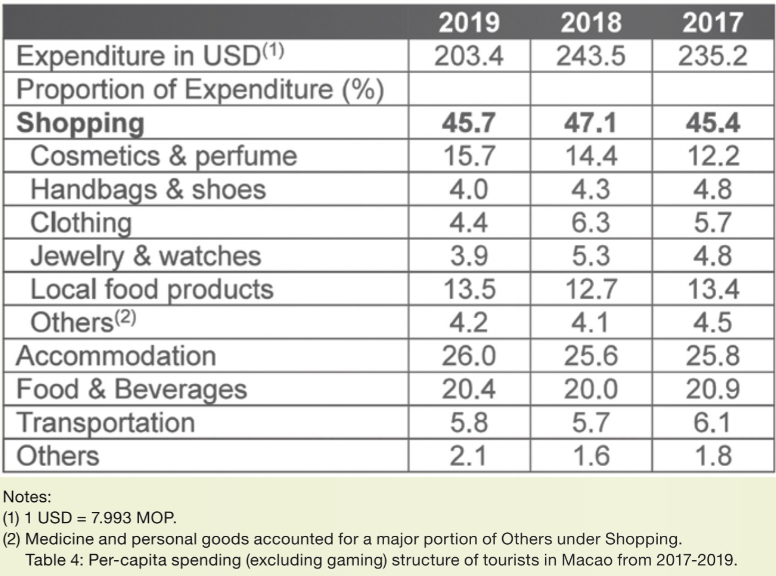
“If there is new investment resulting from the new concession contracts and increased number of travellers, Macau may offer greater variety of food such as more different types of Asian cuisine and promote these offerings to travellers from different regions” – Carlos Siu Lam
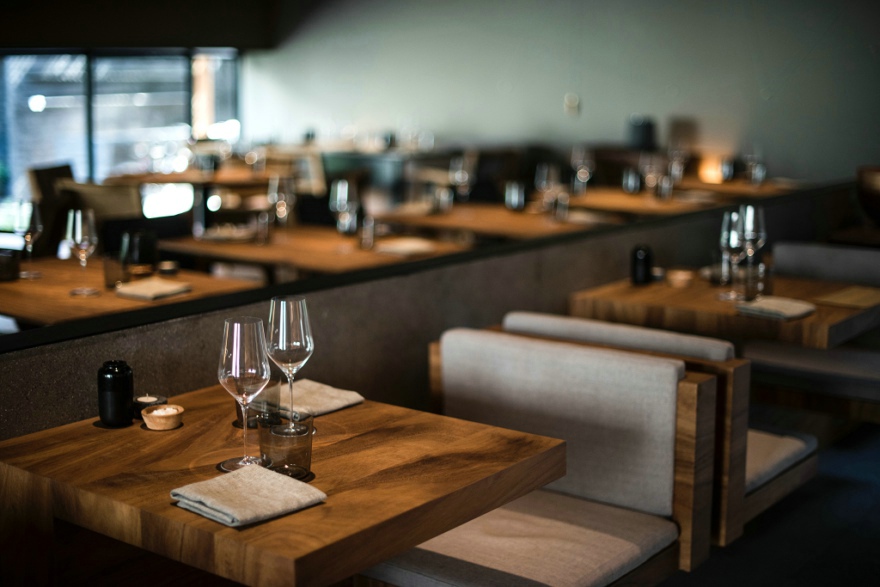
Even so, there is still much to be done, according to an investigation led by Professor Carlos Siu Lam, Macao Polytechnic University: “Despite having over 55 million Chinese close-by in the Pearl River area and millions more living with less than a day’s travelling distance, the non-gaming revenue, which primarily came from rooms, food and beverages, retail and others according to the annual reports of the concessionaires, contributed to about 13 per cent of their total revenue in 2018 and 2019, from around 10 per cent in 2015.”
“Despite years of development after Macau’s gaming liberalization, the concessionaires have not offered much diversified entertainment, and shopping, hotel accommodation, and food and beverages are still the major entertainment activities similar to those in the pre-liberalization period,” state the same research. “With the MSAR government’s emphasis on the non-gaming sector, the concessionaires are aware of the need for diversified entertainment to generate more revenue.”
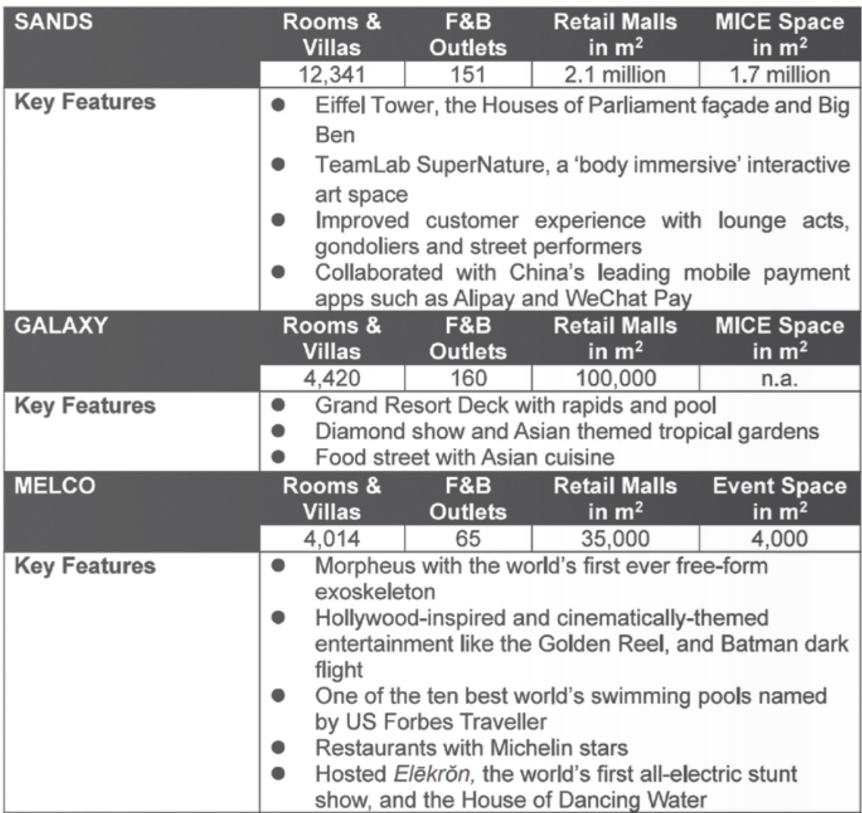
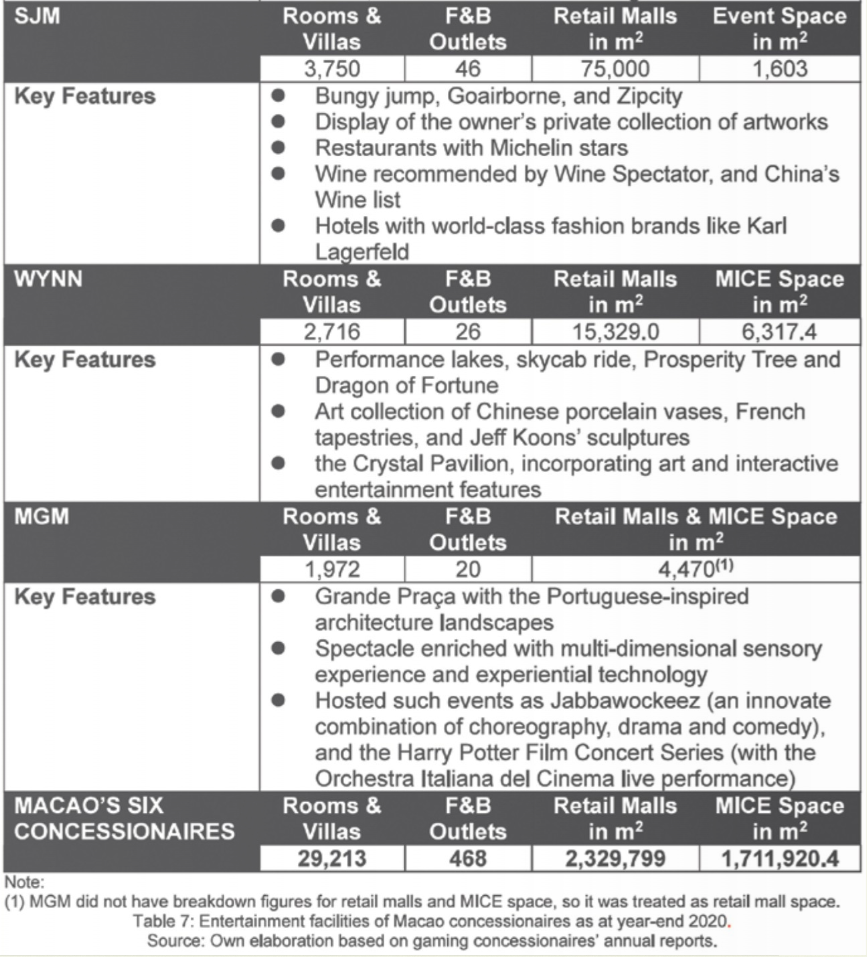
Professor Lam developed some of these ideas at the request of Macau Business: “I think gastronomy unquestionably is an important tourism activity through which visitors may link their experience with food and related products and activities in their travel. If a destination may make travellers satisfied with the destination and local foods, it has managed to develop some travellers’ loyalty toward the destination. Despite this, Macau still has a long way to go in its non-gaming segment in developing such loyalty, apart from its benefit of convenience afforded to its travellers with its geographical smallness.”
One of the topics that the Polytechnic Professor also developed concerns Macanese cuisine: “Macanese cuisine has a culinary legacy dating back more than 450 years, and this allows chefs to bring together ingredients from different cultures and merge recipes. To further promote this world’s first fusion cuisine, Macau may need external culinary forces to have some ongoing events to promote such fusion cuisine as organizing some regional competition to offer truly novel flavour combinations and some unique offerings that travellers can’t easily find elsewhere.”
Despite the slow growth, the contribution of this area to Macau’s economy had been rising until the time of the pandemic.
“As a result of the pandemic in the past years, some restaurants in Macao have either closed down or reduced their scale in terms of manpower, such as reducing six cooks to four with the diminished business turnover,” Carlos Siu Lam underlines.
“On the other hand, with the stronger demand for restaurants to offer quality food and service in the Greater Bay Area, those who have previously worked in the restaurants in Macau may be hot picks for these restaurants due to their upgraded knowledge of ingredients, food flavour and service quality,” he explains to Macau Business.
“Faced with this situation, restaurants in Macau are facing difficulty in diversifying its mix of food unless there is increased number of travellers, new investment or some form of consolidation. Following this, if there is new investment resulting from the new concession contracts and increased number of travellers, Macau may offer greater variety of food such as more different types of Asian cuisine and promote these offerings to travellers from different regions,” the Macau-based researcher concludes.
Eastern tourists’ desire
“Eastern tourists prefer the food and cuisine that can enrich their knowledge and satisfy their curiosity in the travel destination. Moreover, authenticity, cultural meaning, and uniqueness also contribute to their food experience,” states the paper Understanding tourists’ perceived food consumption values: Do different cultures share similar food values? (2022).
“Due to the unique history and the exotic atmosphere of Portugal style, Macau has been one of the most popular destinations by tourists from China. Therefore, it explains why Eastern tourists desire to learn and experience the food culture from Macau’s cuisine. For example, most Chinese tourists are interested to know how Portugal and Chinese food cultures blend,” found the authors (Hsu, Agyeiwaah and Scott).





